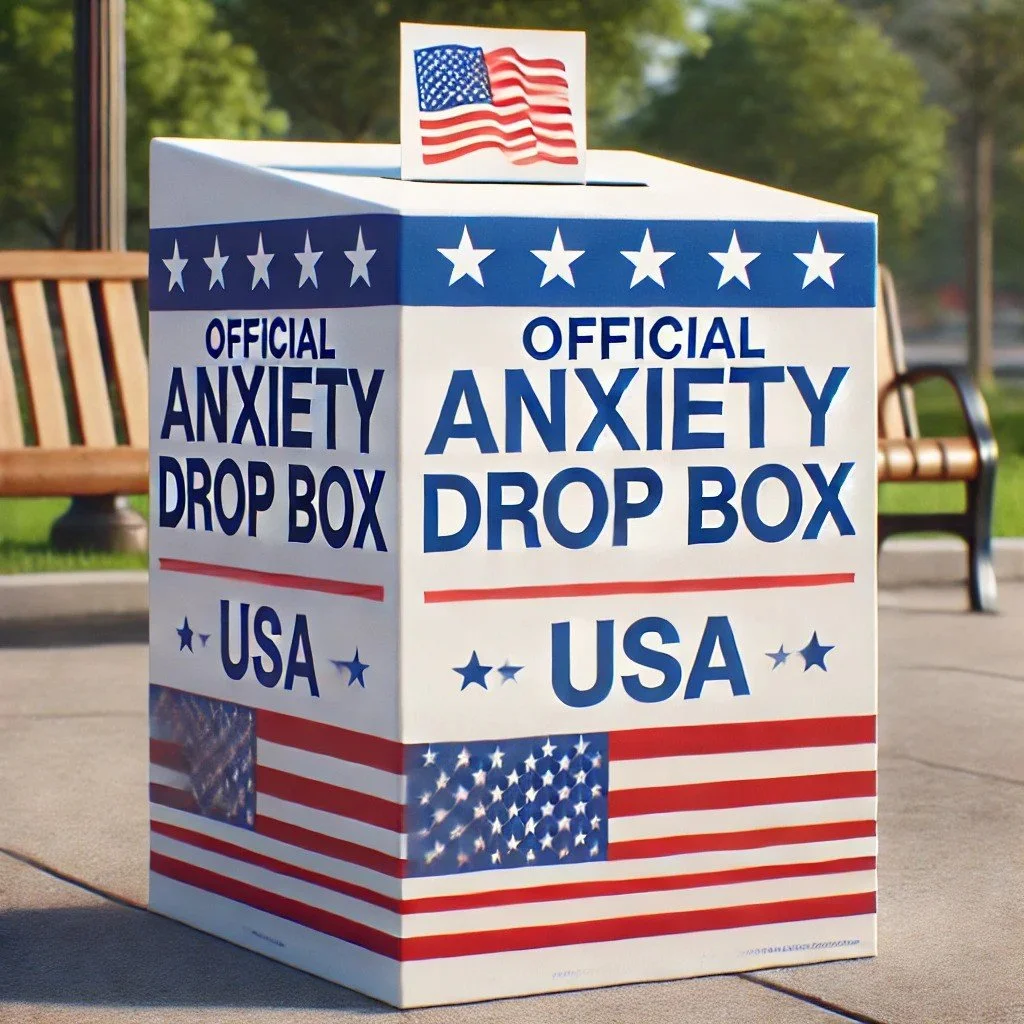Why Therapy Apps Fall Short: A Closer Look At Common Problems
You've seen and heard hundreds of ads for therapy apps on YouTube and your favorite podcasts. These venture capital funded therapy app corporations promise convenience at the touch of a button. And it sounds promising! But there are critical issues with these companies that can hinder your healing journey. Let's explore why receiving therapy, and especially processing trauma, through an app may not be the best path forward, and what to look for instead.
Do Therapy Apps Work?
There are many therapy apps, so it’s tough to make a statement about all of them. But there are certain themes that have come up around most. Some of the common reasons therapy apps don’t work are therapist turnover, therapist burnout, clients feeling rushed, lack of therapist specialty training, lack of personalized matching, and privacy concerns.
Being Abandoned On A Therapy App: The Challenge of Therapist Turnover
One of the biggest drawbacks of therapy apps is the high turnover rate among therapists. Imagine finally opening up about your trauma, only to find that your therapist has suddenly vanished. To make things worse, you don't have a way to contact them. This can disrupt progress and leave you feeling abandoned and discouraged. For some people, that abandonment replicates their trauma. It happens frequently on these apps. In fact, it's one of the biggest complaints we hear from people who have left therapy apps.
Feeling Rushed In Therapy Using A Therapy App
This one is interesting, but it makes sense. We hear from many who come to work with us after trying out a therapy app that they felt rushed by their therapist. We don't have concrete evidence for why this might be, but it's likely because therapists have too-big caseloads and burn out fast. You don't deserve to feel rushed in therapy. If nowhere else, you deserve to take your time and have your experience in therapy.
Therapist Burnout and Subpar Care On Therapy Apps
Therapists working for therapy app companies often face heavy workloads and low pay. In fact, the pay at most of the larger therapy app companies is barely above minimum wage. In order to pay their bills, therapists for therapy app companies have to see too many clients. This can lead to burnout, affecting the quality of care they provide. When therapists are stretched thin and underpaid, they can't give you the attention and support you need. It makes it difficult to process your issues effectively. We don’t recommend trying to process trauma through a therapy app for this reason.
Lack of Therapist Specialty Training on Therapy Apps
There are plenty of good therapists working for apps. But many of them don’t have training in specialized treatment. If you’re looking to process trauma or treat your PTSD, there’s no guarantee your app therapist knows how to do that. You deserve to work with someone who is in expert in your problem.
Privacy Concerns and Legal Issues In Therapy Apps
This is where things get really shady. Providing inconsistent care is one thing. This is another.
Are Therapy Apps Private?
Privacy breaches, unethical processes, and lawsuits have plagued therapy apps since the beginning. Your personal information and sensitive conversations may not be as secure as you think when using a therapy app. In fact, your data is sometimes the primary value these companies see in serving you. That is unacceptable. The last thing you need in therapy is to worry about your privacy being compromised or your confidential information being mishandled.
Therapists are held the highest levels of confidentiality in medicine. It is unacceptable for therapy app companies to behave as though they are above the legal and ethical standards of the field.
So Is All Online Therapy Bad? Should I Give Up On Teletherapy?
Absolutely not! Research on therapist-owned practices has repeatedly proven that teletherapy is just as effective as in-person therapy. What matters most is feeling seen, heard, and understood by your therapist. In fact, 80% of the effectiveness of therapy can be attributed to good therapist match. That's why it's so heartbreaking that people often get abandoned on therapy apps. You deserve a quality, secure relationship with a therapist who won't abandon you.
Why Small, Therapist-Owned Teletherapy Practices Shine
In contrast to therapy apps backed by venture capitalists, therapy practices owned by independent therapists prioritize your well-being over profit margins. There’s way less burnout. For multi-clinician practices like ours, they care deeply about retaining their therapists and don’t overwork them.
Therapists are healthcare providers like doctors and dentists, and most take their duty to do no harm very seriously. Here's why working with a therapist-owned practice can make all the difference in your healing journey:
Consistent, Personalized Care Through Private Teletherapy
At a small teletherapy practice, you're not just another data point in a sea of users. You're a valued individual with unique needs and experiences. With a smaller team of therapists, you can expect personalized care and consistent support throughout your journey.
Strong Therapist Relationships Through Private Teletherapy
Building a strong, collaborative relationship with your therapist is essential for good therapy, especially trauma processing. Unlike therapy apps where turnover and burnout are high, small practices build long-term connections. You'll work with the same therapist who knows your story and understands your progress intimately. If your therapist needs to end care for some reason, you'll usually be given time to process the ending of the relationship. You should also be given referrals for continued care.
Focus on Quality Over Quantity Through Private Teletherapy
Small, therapist-owned teletherapy practices prioritize quality over quantity. Therapists have manageable caseloads, allowing them to dedicate time and attention to each person they work with. You receive the support you need to heal over time. This is especially important for people wanting to process trauma. There's no shortcut with trauma, and you shouldn't have to deal with restarting therapy multiple times.
Greater Privacy Through Private Teletherapy
Therapist-owned teletherapy practices aren't in the business of selling data. Most of us wouldn't even know how to do that. The only way we make our living is through providing good therapy services based on our integrity and reputation.
Teletherapy specifically is great for privacy, as you don't have to walk in and out of an office or be seen in a healthcare setting. Using our HIPAA-compliant teletherapy platform, you can log in with a click and get care from the convenience of home. It provides all the convenience of therapy apps with none of the turnover and privacy drawbacks.
Focus On What Therapists Do Best: Provide Therapy
In multi-clinician practices like ours, therapists are only asked to do what they do best: therapy. The close-knit team comes together to confidentially consult to make sure you get the best treatment, just like a doctor would. Consultation is a cornerstone of good care. You wouldn't want to see a doctor or dentist who doesn't consult with others. It’s the same with therapists. As far as we know, therapy app companies don’t provide professional consultation for their therapists.
In multi-clinician practices, therapists don't have to spend time arguing with insurance companies, marketing, or on financial management. They can let their true talents shine without worrying about other elements of running a practice. They are truly focused on you.
High Quality Therapist-Owned Teletherapy Services In California and Florida
If you're ready to start your healing journey, consider booking a free consultation. Our small, well-rested team of experienced therapists is committed to providing you with the support and guidance you deserve. Schedule a free consultation today and take the first step towards a more empowered tomorrow.



















